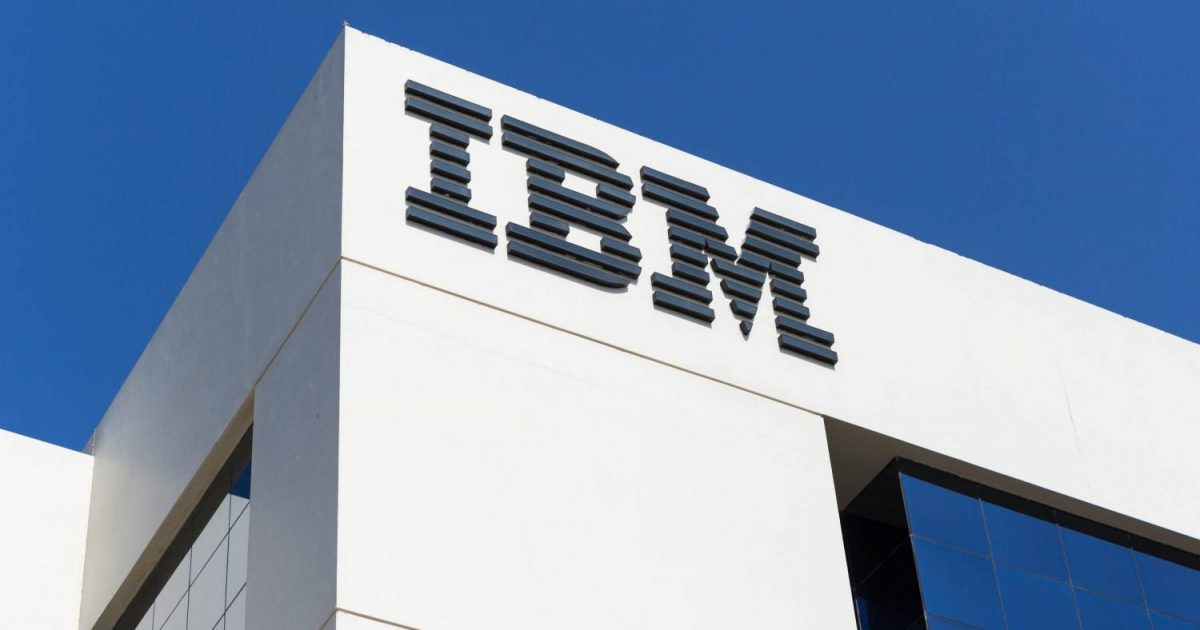Enterprise blockchain is a catalyst for further spending at Big Blue, according to Jerry Cuomo, IBM’s vice president of blockchain technologies.
“It is driving additional spend,” Cuomo said. “When you look at the direct attribution of the actual dollars spent on blockchain, we are seeing that for every dollar spent, $15 is spent on other cloud services.”
The back-of-the-envelope math offers a revealing glimpse into the storied tech company’s current thinking on blockchain. Cuomo’s revenue figure comes as IBM works to bring enterprise blockchain closer into the company’s sprawling cloud offering. Some commentators have described the move as a reprioritization or even consolidation following the dissipating hype surrounding distributed ledger technology (DLT).
“Blockchain is a new class of enterprise application,” Cuomo told CoinDesk. “It plays into trends like app modernization and new cloud-native applications, data and analytics. It crosses all those things.” As such, the blockchain part of a blockchain application only accounts for about 20 percent of the overall solution, said Cuomo. That leaves 80 percent in other tech for bringing the network to life.
The bigger picture concerns tectonic shifts in Big Blue’s overall business strategy. Last year’s $34 billion acquisition of open source software giant Red Hat seems to be paying off. In its Q4 2019 results, IBM posted what analysts called surprising revenue growth: cloud and cognitive software revenue were up 9 percent, while Red Hat posted 24 percent revenue growth.
In addition, IBM chief Ginny Rometty is stepping down to make way for a new CEO, Arvind Krishna, the head of the cloud and cognitive business and architect of the Red Hat deal. Krishna takes over officially on April 6.
Regarding IBM’s changing priorities, Cuomo said IBM has “put its chips down on the table in a very aggressive way around the hybrid space.”
Hybrid cloud, a market worth some $1.2 trillion, according to McKinsey & Company, comprises a mix of on-premise, private-cloud and public-cloud services, where workloads can be handled across these different platforms.
Happily married
Drilling into potential synergies between blockchain and cloud, Cuomo pointed to “a wedding ceremony” arranged by IBM between Hyperledger Fabric – the Linux-based greenhouse for incubating enterprise blockchain projects – and Kubernetes – a platform for automating and scaling clusters of services across hybrid cloud systems. Kubernetes is a technology Red Hat has lots of expertise in, as exemplified by its OpenShift platform.
“Hyperledger Fabric works well with Kubernetes,” Cuomo said. “Many of the things we’ve done around Chaincode, which is the way we plug smart contracts into Fabric, is to make sure it runs really well on that type of containerized environment with buttoned-down security. Red Hat gave us that motivation.”
Ask Cuomo if the “trough of disillusionment” has meant enterprise adoption of blockchain tech has slowed down, and he’s defiant.
“That’s 180 degrees from my observation. If anything, maybe the number of inbound projects has stabilized. But the thing I’ve noticed is the quality of the projects and sponsors of the projects really being thoughtful about what they are doing,” Cuomo said.
Describing 2018 as “more of a Wild West,” he added:
“We had a lot of projects. Some would hit, others missed. The ideas weren’t always completely baked. Going into 2020, clients continue to get smarter.”
The fact remains, there have been some noticeable contractions in the enterprise blockchain world of late. Might there yet be some bloodletting on the blockchain side at IBM?
Cuomo says no: “We are very healthy here in blockchain land.”
Disclosure Read More
The leader in blockchain news, CoinDesk is a media outlet that strives for the highest journalistic standards and abides by a strict set of editorial policies. CoinDesk is an independent operating subsidiary of Digital Currency Group, which invests in cryptocurrencies and blockchain startups.




